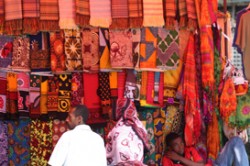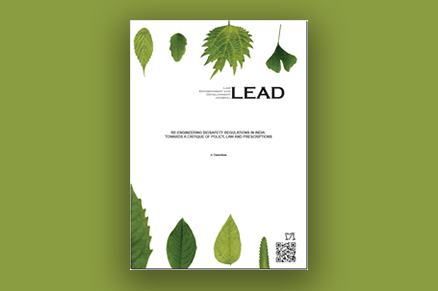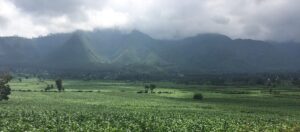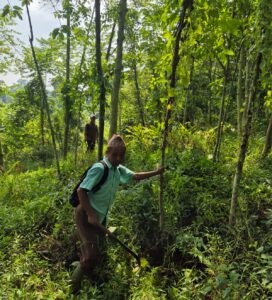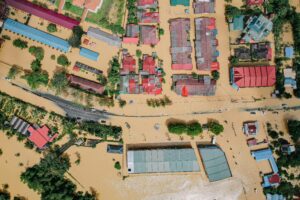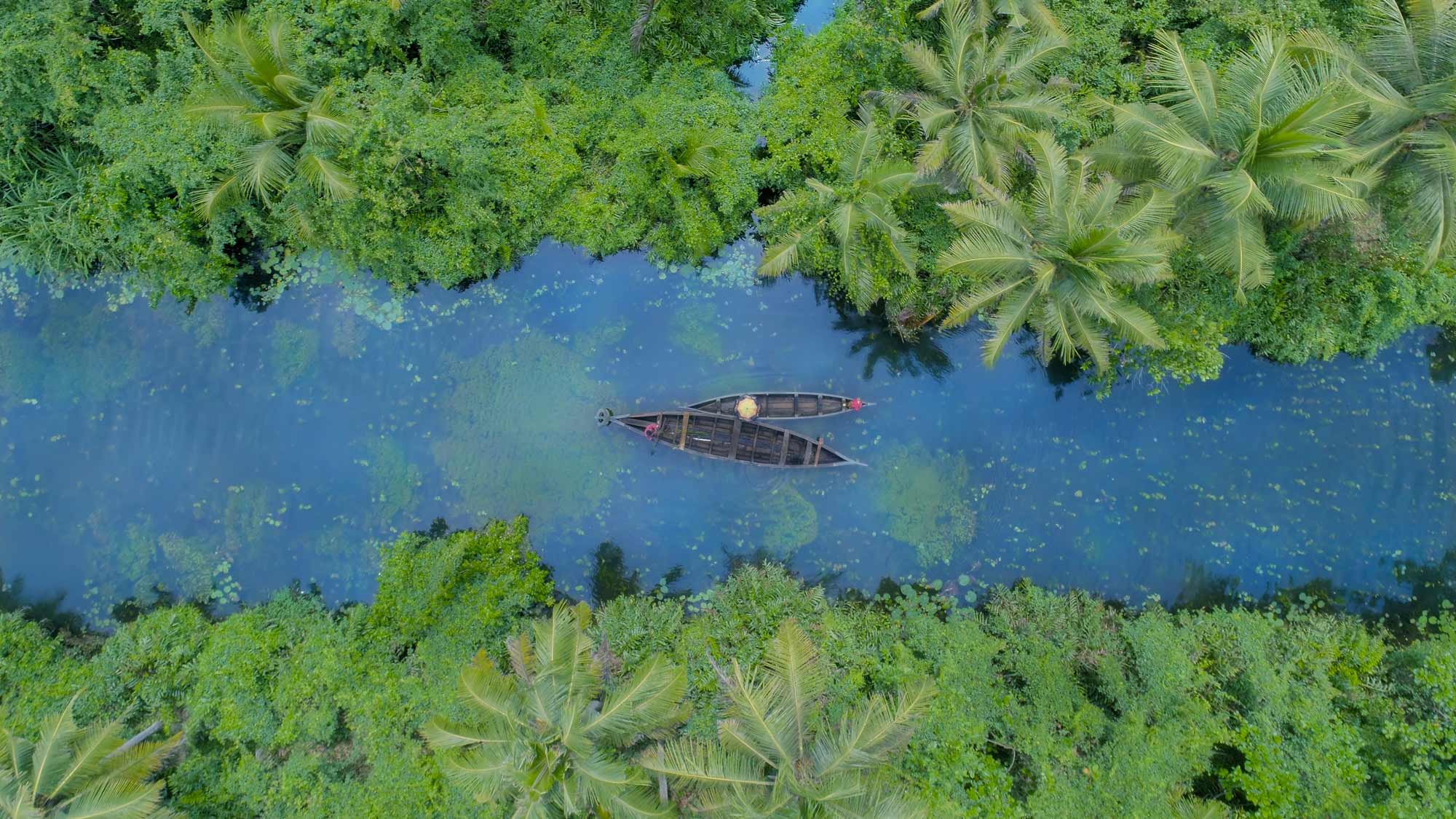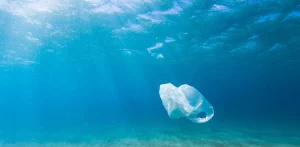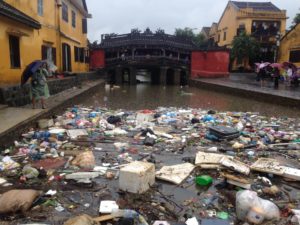The textile industry provides vital job opportunities and is therefore key to achieving several Sustainable Development Goals. But the sector also has one of the most complicated and potentially destructive manufacturing chains, with negative impact on the human rights to water and sanitation, and on a sustainable environment.
Not only is cotton a thirsty crop, conventional wet processing, including bleaching and dyeing, also demands plenty of water. This generates large volumes of wastewater, often containing non-biodegradable components, metals, and inorganic compounds such as chlorides.
The Global Textile Research Project studies the UN Guiding Principle on Business and Human Rights, as applied to the wet processing stage of textile manufacturing. It looks, for instance, at how human rights abuse at a supplier, which manufactures a retail company’s products, can make the retail brands complicit in this abuse.

Background
For over 10 years, the UN Guiding Principles on Business and Human Rights (UNGPs) have stated that companies have a responsibility to respect human rights. There are also increasing expectations that companies should know and communicate their human rights impacts, as well as that of their suppliers. Despite this, we still lack data on the impacts of textile production.
The UNGPs offer a standard of expected conduct, but also provides for exceptions. And as companies are permitted to prioritize which issues they want to focus on, labour conditions tend to grab the limelight at the expense of water-related human rights.
Research objectives
The research explores the prevailing expectation that corporations have a responsibility to respect human rights. Case studies of manufacturing in India and Ethiopia are used to show how due diligence standards are understood at the ground.
The studies aim to show how companies and authorities at different levels handle the requirement to ‘know and show’ severe human rights impacts, and to investigate whether the UNGPs are apt to address invisible water resource matters and complex valuation issues. This is of particular importance in the face of climate change uncertainty and the trade-offs between post-pandemic interests.
Key findings
Preliminary findings indicate that while concerned stakeholders should be consulted under the UNGPs, local middlemen may not be prepared to reveal information about the situation on the ground. Efforts to acquire data about environmental problems may test loyalties.
Previous work under the research project has investigated regulatory reforms and implementation gaps in India. It has also looked at the transition that Tirupur, a major textiles hub, has undergone in the past 35 years. This has shown that the industry’s water requirements – on average 20 million litres daily from the river, not counting all the groundwater trucked to factories – get priority over the basic domestic needs for water, even in times of drought.


